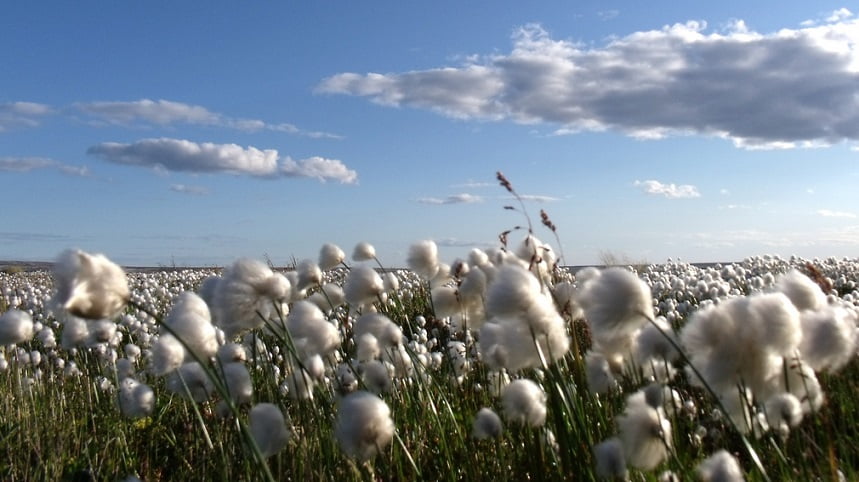This article was first published by The Times of Israel and was re-posted with permission.
NRGene, the Israeli startup that has mapped the genome for bread, pasta and wild emmer wheat, said that it has now mapped the genome for the most common cotton breed and the sweet potato, giving researchers critical insights for developing healthier plants with higher yields.
NRGene said it partnered with Genosys Inc. (TGS Singapore), a distributor of genomics technologies in China, to assemble the genome makeup of Upland Cotton, the most common cotton used for clothing, in less than seven weeks. A similar effort used to take years and cost many millions of dollars, the company said.
SEE ALSO: Quest For The Perfect Veggie: Israelis Create Enhanced Strains Of Fruits, Vegetables
Upland Cotton makes up 90 percent of the global cotton grown around the world and is used to produce most of the world’s clothing, the company said.
The genomic makeup of Gossypium barbadense, also known as extra-long staple cotton, which is used in luxury cotton fabric, was also mapped, the company said in a statement.
“Cotton is one of the world’s most important non-food agricultural crops,” said NRGene CEO Gil Ronen in a statement. “By delivering critical insights into its makeup, we’re helping researchers develop healthier plants with higher yields that require fewer resources.”
Sign up for our free weekly newsletter
SubscribeSEE ALSO: These Israeli Companies Fight World Hunger With Innovative Technologies
Seed developers worldwide spend billions of dollars and years to develop new, more nutritious and resilient varieties of seeds. These in turn enable farmers to grow bigger quantities of more nutritious and more resilient crops. This is crucial for a world that will have to feed and dress an expected 9.7 billion people by 2050. Demand for food globally is expected to rise at least 20 percent over the next 15 years, according to a May 2017 World Bank report.
Genomes contain all the genetic makeup of organisms, be they humans, plants, animals or bacteria. By studying the genomes of the plants to determine which seeds will better suit climatic conditions and which will have high resiliency, developers can save a lot of time and money and engage in more efficient agriculture.
For the full story, click here.
Photos: Mike Beauregard
Related posts

Editors’ & Readers’ Choice: 10 Favorite NoCamels Articles

Forward Facing: What Does The Future Hold For Israeli High-Tech?

Impact Innovation: Israeli Startups That Could Shape Our Future






Facebook comments